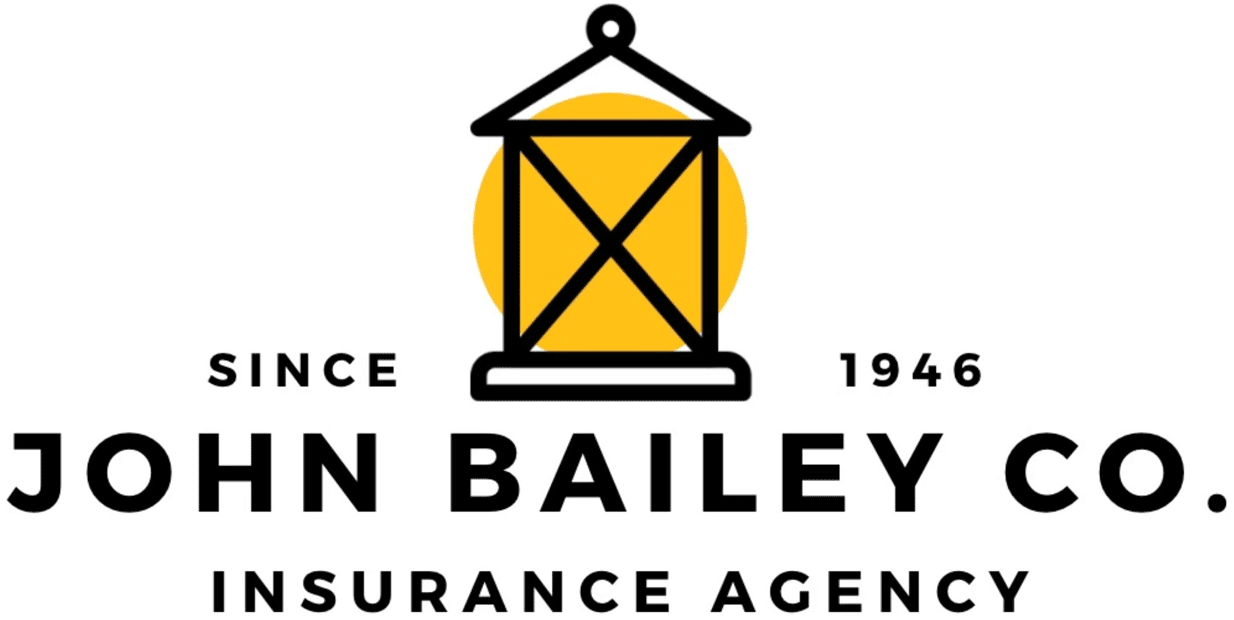In a perfect world, business owners would need only take precautions to prevent theft by outsiders. For example, one might install an alarm system, consider improved lighting with security cameras, steel doors, a vault and monitor how much cash is kept on hand. All good ideas which complement a business’ risk management plan. But what about insider theft? Owners of every business, small to large, need to understand employee crime is real.
Let’s consider some statistics…
The Insurance Information Institute (III) gets right to the point: “As many as 20 percent of business failures may be a result of employee dishonesty, including theft, according to the American Management Association. The Association of Certified Fraud Examiners (ACFE) estimates that businesses annually lose on average 6 percent of their revenues due to employee crime.”
It was just about a year ago that CNBC published an article: “This crime in the workplace is costing US businesses $50 billion a year.” The crime? Employee theft! Some of the numbers may startle you:
-
- U.S. businesses which experienced employee theft had an average loss of $1.13 million in 2016
- Last year the median loss for small to midsize businesses was $289,864.
And, just this past August 24, 2018, CNBC stepped up to the plate with this suggestion: “To prevent fraud in your small business, think like a big corporation.” In this article, they, too, site statistics provided by the Association of Certified Fraud Examiners’ 2018 Global Study On Occupational Fraud And Abuse.
If you are having trouble viewing the video, you can see it here.
Consider Crime Insurance and Employee Dishonesty Coverage
Our John Bailey Insurance Agency team works with business owners to determine just the right commercial insurance policy to protect a business from losses due to property damage, employee injury, liability, and theft, to name just a few coverages. But today, let’s focus first on Crime Insurance and specifically on Employee Dishonesty Coverage.
According to the International Risk Management Institute (IRMI) a Commercial Crime Policy is defined as follows:
“A crime insurance policy is designed to meet the needs of organizations other than financial institutions (such as banks). A commercial crime policy typically provides several different types of crime coverage, such as: employee dishonesty coverage; forgery or alteration coverage; computer fraud coverage; funds transfer fraud coverage; kidnap, ransom, or extortion coverage; money and securities coverage; and money orders and counterfeit money coverage.”
Furthermore, IRMI defines Employee Dishonesty Coverage as follows:
“Coverage for employee theft of money, securities, or property, written with a per loss limit, a per employee limit, or a per position limit. Employee dishonesty coverage is one of the key coverages provided in a commercial crime policy.”
So, have you reviewed your business commercial policy to determine if, indeed, you have Crime Insurance and the Employee Dishonesty Coverage? And, if you do, how much do you understand about this type of insurance? There is much to consider and to discuss with your insurance agent. A helpful resource to start the conversation is provided by a website the balance small business.
Going forward…readiness for business owners
Rest assured there are ways for your business plan to include systems to reduce your vulnerability to crime, including employee dishonesty.
- Education: Understand the signs of embezzlement. Going beyond embezzlement consider sabotage, misusing assets, vandalism. Using company time to make personal phone calls, printing personal items, misstating hours worked (time card fraud) all add up. But then there is inventory management or lack of same, vendors targeting employees to assist in padding invoices. Stay informed, read the news.
- Awareness: Take time to notice the little things. Sometimes what seems like a positive observation about a dedicated employee could be a red flag. Many business owners will attest to the fact that certain employees were the last ones to be suspected. For example, if you have an employee who never takes a vacation, works late, and never calls in sick, fraud is often caught once a vacation/or illness is unavoidable.
- Consult your insurance agent: Annually or every six months make an appointment to review your Commercial Business Insurance Package. Your agent is there to make sure your business is protected to cover routine claims, as well as the unexpected.
The John Bailey Insurance Agency is dedicated to protecting your thriving business. Contact us to insure a great life.

